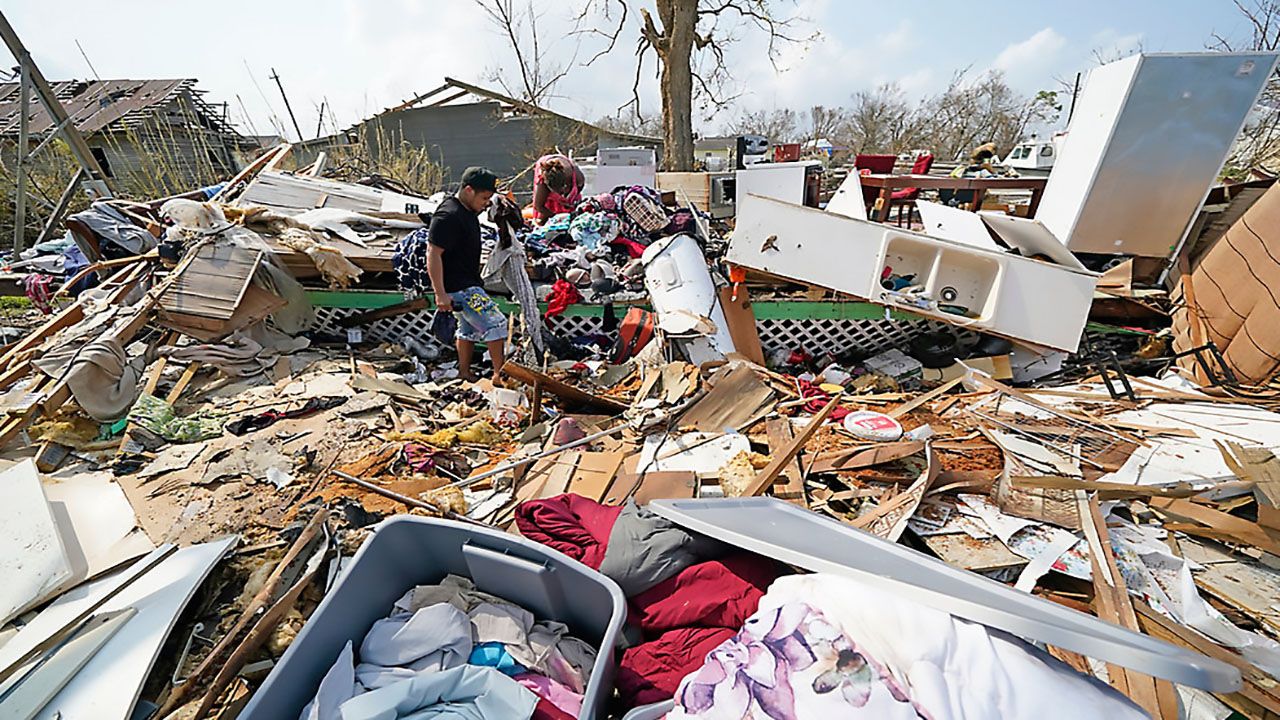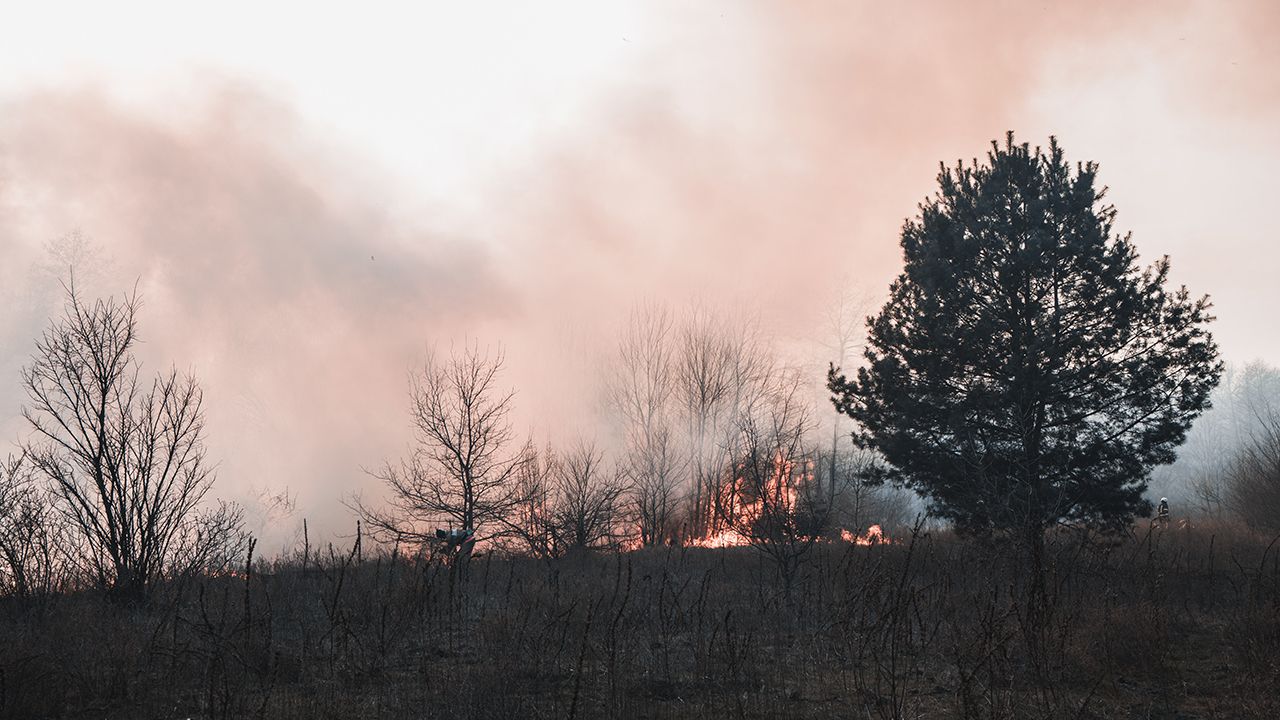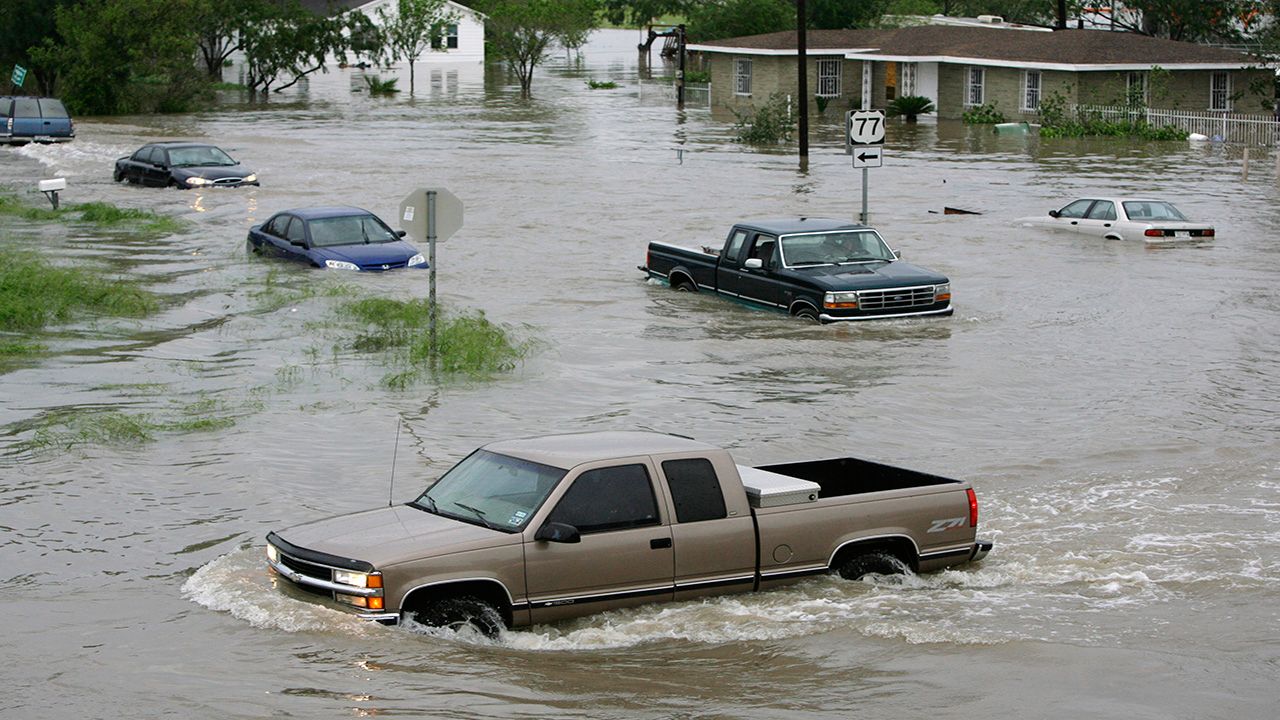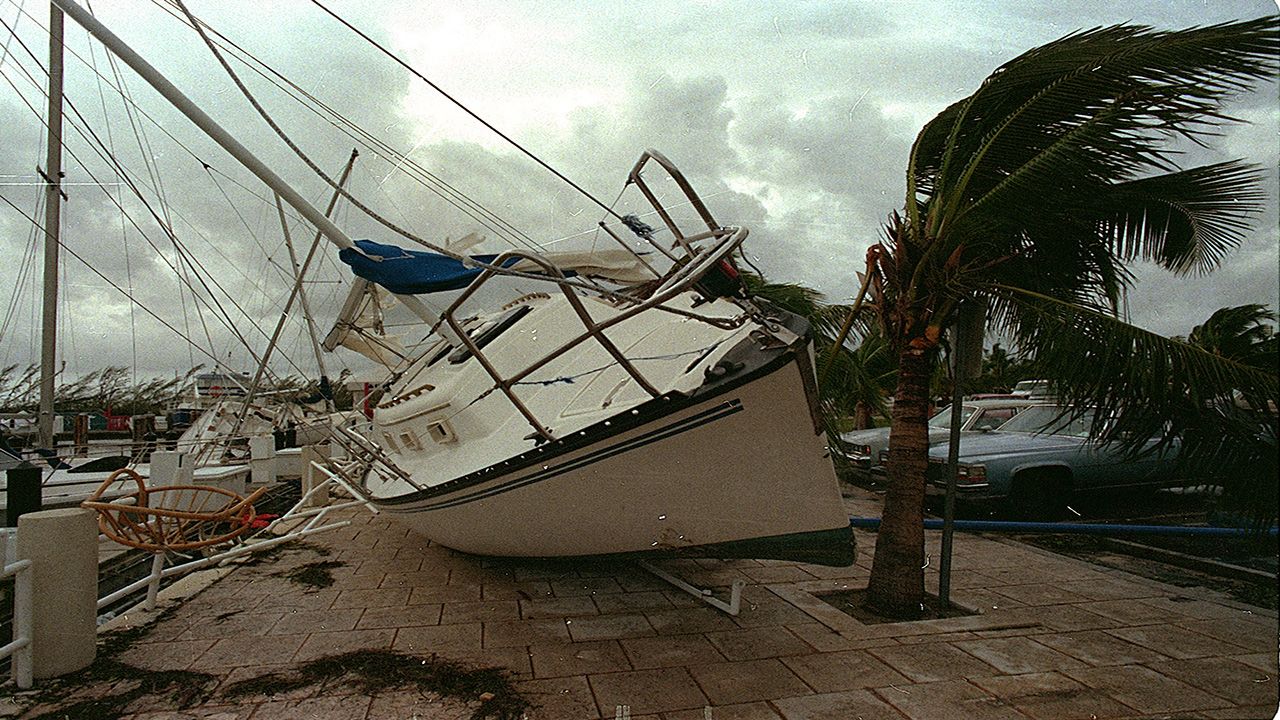There are certain names that no future tropical cyclone will ever have. “I” happens to have the most retirees for the Atlantic basin.
According to NOAA’s most recent 30-year climate period spanning from 1991 to 2020, an average Atlantic hurricane season spawns 14 named storms.
With “I” being the ninth letter of the alphabet, it’s almost a guarantee to have a storm named with an “I” every year.
That helps explain part of the reason storms beginning with “I” are more prone for retirement, but the time of year is also a key factor.
The Atlantic hurricane season runs from June 1 through Nov. 30, with the climatological peak happening on Sept. 10. Since tropical cyclones are named in alphabetical order, by the time we get to “I,” it’s often around peak hurricane season when conditions are favorable to support stronger hurricanes.
Keep in mind, not every hurricane has its name retired. It’s based on how costly and deadly a storm is–so much so that to keep using a destructive storm’s name would be insensitive and inappropriate. That’s a decision that’s made by the World Meteorological Organization (WMO) at its annual meeting.
The WMO keeps six rotating lists of hurricane names for the next six years, so this year’s list will be reused in 2028. It’s only after a devastating hurricane strikes that they’ll replace a certain name for another.
For example, after Hurricane Ida ravaged Louisiana last year, the WMO retired that name and replaced it with Imani for 2027.
Speaking of Ida, that’s the 13th “I” name that will never be used for an Atlantic storm again. The other retired “I” names include Ione (1955), Inez (1966), Iris (2001), Isidore (2002), Isabel (2003), Ivan (2004), Ike (2008), Igor (2010), Irene (2011), Ingrid (2013), Irma (2017) and Iota (2020).
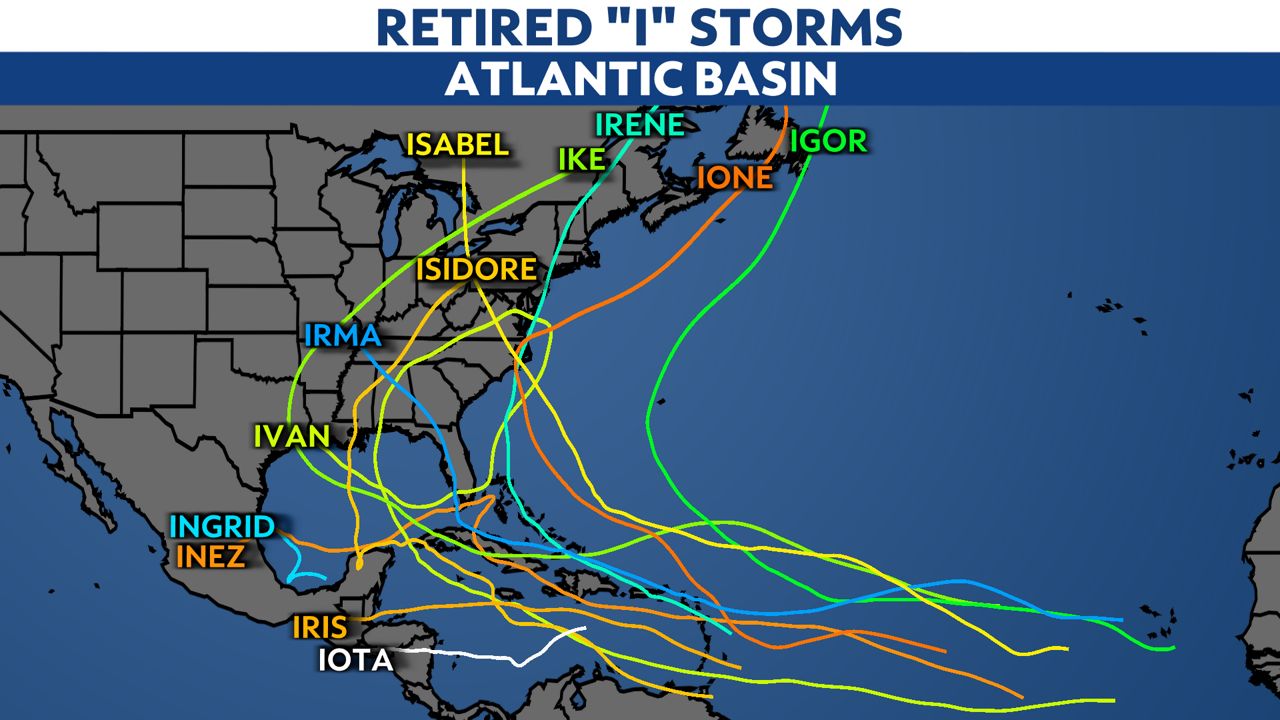
Since 1953, when the current naming system was implemented, 94 Atlantic names have been retired. “I” names make up nearly 14% of that total, with “C” and “F” names coming in second place with nine retirees each.
It’s too soon to say for sure, but there’s a good chance that Ian will be added to that list.
Follow Meteorologist Christina Reis on Facebook, Instagram and Twitter!
Our team of meteorologists dives deep into the science of weather and breaks down timely weather data and information. To view more weather and climate stories, check out our weather blogs section.





